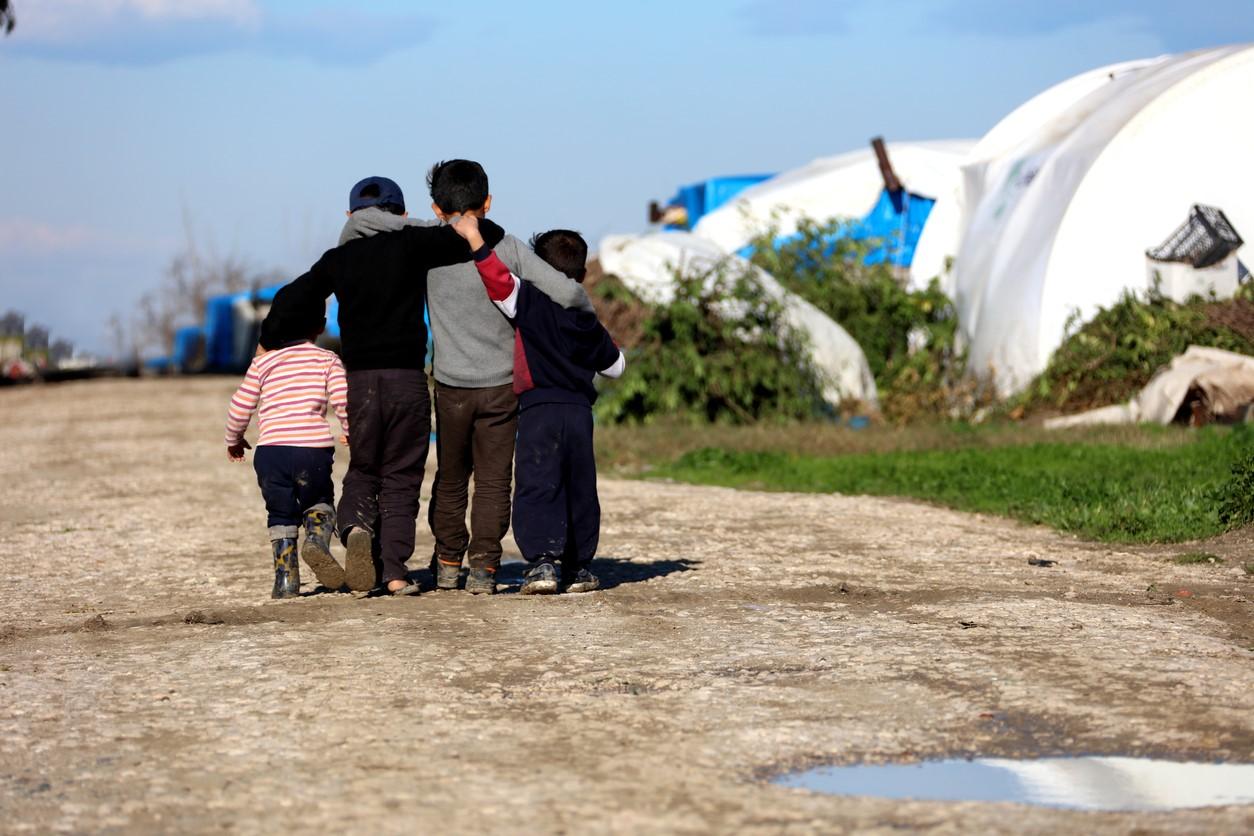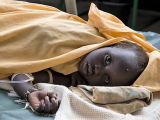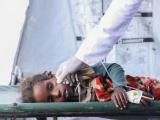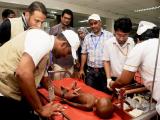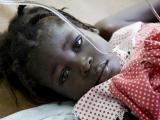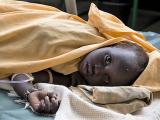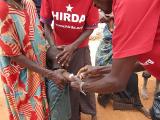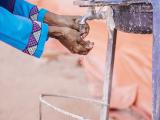The World Health Organization (WHO) and UNICEF today announced the launch of a cholera vaccination campaign in parts of northwestern Syria that were devastated by recent earthquakes.
And as several countries battle cholera outbreaks, UNICEF yesterday warned that Malawi's outbreak could intensify without immediate help from the global community.
At least 18 countries battling outbreaks
In an update on the global cholera situation last month, the WHO said at least 18 countries are reporting ongoing cases this year, which follows a rise in outbreaks that began in the middle of 2021.
The WHO said several factors have contributed to the rise in cholera activity, including multiple humanitarian crises and fragile health systems, aggravated by climate change. The surge in activity has come with a shortage of vaccine supplies. Officials have also raised concerns about a higher-than-usual fatality rate in the outbreaks.
In Haiti, where a large outbreak began in September 2022, more than a third of cases are among children younger than 9, the group highlighted by Direct Relief yesterday. Direct Relief said that response efforts have been severely impeded by road blockages, political unrest, and unsafe water supplies.
In a related development, South Sudan's health ministry declared a cholera outbreak in Upper Nile state, according to a report from Radio Tamazuj, an independent news service based in South Sudan. So far 179 cases have been reported, 1 of them fatal, with children younger than 4 the hardest-hit group.
Syria's situation compounded by earthquake
The vaccine campaign in Syria will deliver 1.7 million vaccine doses to people ages 1 year and older in the most severely affected earthquake areas of Idleb and Aleppo. The earthquake hit Syria and Turkey on February 6.
The WHO and UNICEF are coordinating with the Syria Immunization group and Gavi, the Vaccine Alliance. The 10-day campaign will involve 1,400 teams that will go house to house, as well as locations where displaced people are living.
Syria was already battling the cholera outbreak, which began last September, and officials fear the situation could worsen in the aftermath of the recent earthquake and amid crowded living conditions.
Malawi's food insecurity worsens cholera burden
Malawi is experiencing its deadliest cholera outbreak, which began a year ago, affecting all 29 of the country's districts. The country's stretched healthcare system and the nearing peak of the rainy seasons is likely to worsen the situation, WHO and UNICEF officials said yesterday at a briefing in Geneva.
They added that, with ongoing food insecurity, children will suffer the most—kids who are severely malnourished are 11 times more likely to die from their cholera infections.
The WHO and UNICEF appealed for $54.2 million to help boost health services in Malawi, including technical support to help improve water safety, sanitation, and hygiene.
